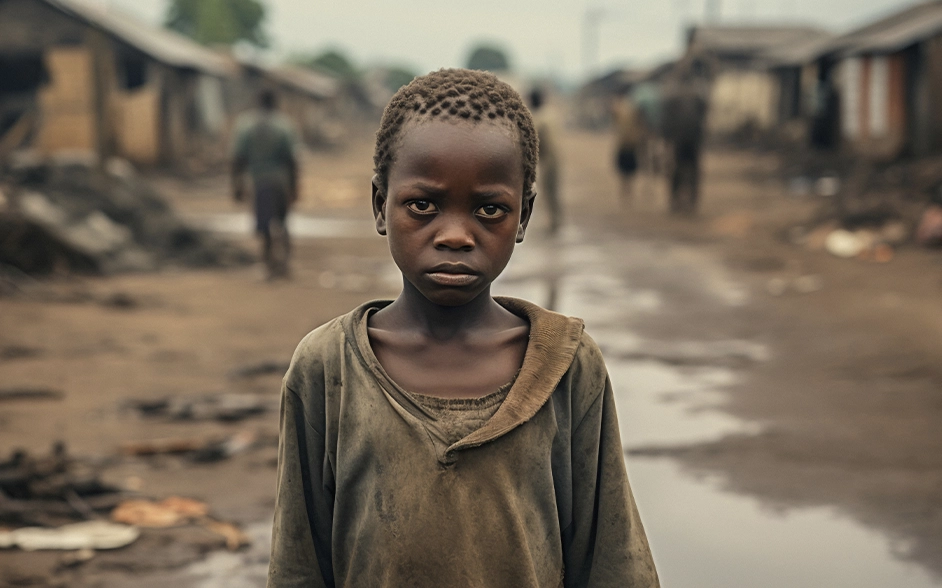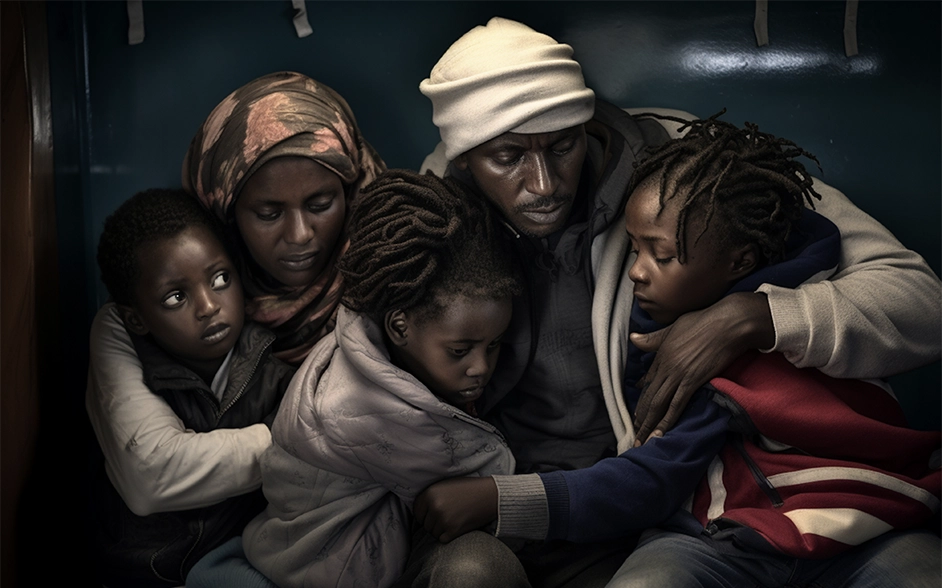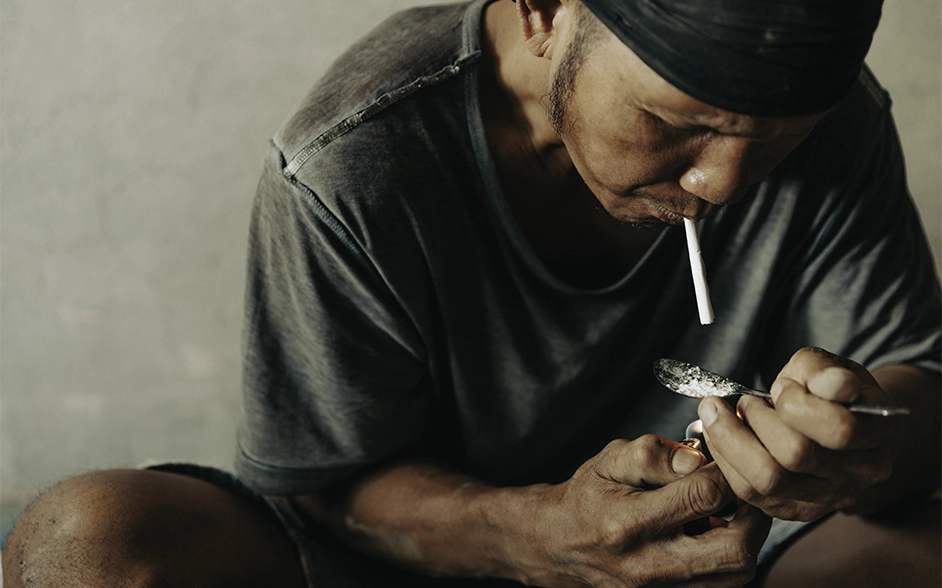- Mumbai, New Delhi, Bangalore
- (+91) 81518 30000
- WhatsApp Now
- contact@vedawellnessworld.com
Across African cities, from Cape Town to Nairobi to Lagos, the rise in substance abuse is deeply tied to unhealed trauma. This blog explores how childhood neglect, violence, or emotional pain can quietly shape drug addiction. Using simple neuroscience, we will explain why trauma rewires the brain, how addiction takes root, and what a trauma-informed rehab really looks like. We will also share why healing is more than just quitting drugs, it is about feeling safe again, inside your own mind. Whether you are struggling, supporting someone else, or exploring trauma addiction Africa, this guide will help you make sense of it all.
We often ask:
“Why doesn’t he just stop?”
“Why does she keep going back to it?”
But what if the real question is:
“What happened to them before the drugs?”
In cities like Cape Town, there is a growing pattern of young people caught in the cycle of drug abuse, particularly among those who have lived through domestic violence, poverty, abandonment, or community trauma. And while drug abuse in Cape Town is often blamed on peer pressure or bad choices, science tells us a deeper story.
That story is about trauma.
Trauma is not just physical injury. Emotional trauma comes from events that leave us feeling helpless, scared, or unsafe.
Some examples of trauma include:
Not everyone reacts to trauma the same way. But for some, the emotional pain is too much and drugs become an escape.
Your brain has one job: Keep you safe.
It does this using a system that includes:
When trauma happens, the brain becomes stuck in “survival mode.” The amygdala keeps sounding alarms even when the danger is over. This makes people feel anxious, angry, numb, or on edge all the time.
To calm the alarm, some people turn to drugs.
That’s where addiction begins, not from weakness, but from a brain trying to feel safe.
Once someone starts using substances to escape emotional pain, the cycle continues:
This is what we mean when we say PTSD and addiction are connected.
They don’t just live side-by-side, they fuel each other.
Most people assume rehab is about stopping drug use. But when trauma is involved, detox alone is not enough. The person needs to feel:
A trauma-informed rehab focuses on exactly that.
Staff trained in trauma sensitivity
No punishment-based approaches (no yelling, blaming, or shaming)
Therapy that deals with emotions, not just habits
Understanding relapse as a signal of deeper pain—not failure
Calm environments, routine, and emotional safety
Inclusion of family systems where possible
Instead of asking “What is wrong with you?”
A trauma-informed center asks, “What happened to you?”
The good news? The brain can heal.
With time, new habits create new neural pathways, a concept known as neuroplasticity.
Here are a few trauma-informed practices that help:
Even 15 minutes a day of intentional healing practice helps rebuild brain balance, especially when done alongside therapy.
 Across African cities, trauma is not rare. Many people grow up in challenging environments, with limited access to emotional support. Unfortunately, stigma around mental health often means trauma goes unspoken and unhealed.
Across African cities, trauma is not rare. Many people grow up in challenging environments, with limited access to emotional support. Unfortunately, stigma around mental health often means trauma goes unspoken and unhealed.
In places like Cape Town, we are now seeing the long-term effects:
Understanding the link between trauma addiction in Africa is the first step toward real, lasting recovery—not just clean time.
 While many African rehab centers are still catching up with trauma-informed care, international centres like Veda Rehabilitation & Wellness are leading the way.
While many African rehab centers are still catching up with trauma-informed care, international centres like Veda Rehabilitation & Wellness are leading the way.
Veda offers:
For African families who seek premium care without the high and unaffordable price tag, Veda offers personalized trauma healing with deep cultural sensitivity.
Not fully. If trauma is not addressed, addiction often comes back. Treating both together leads to better long-term results.
If there is a history of abuse, loss, neglect, or emotional pain and drugs became a coping method, it is likely trauma is involved.
Regular rehab may only focus on quitting drugs. Trauma-informed care goes deeper into the emotional reasons behind addiction.
Yes, with consistent therapy, support, and daily healing habits, the brain can create new pathways that support peace and recovery.
Some international centers like Veda offer virtual therapy (called Sober life), flexible packages, and cultural sensitivity at more affordable rates than most western centers.
